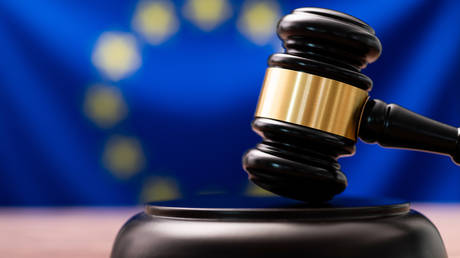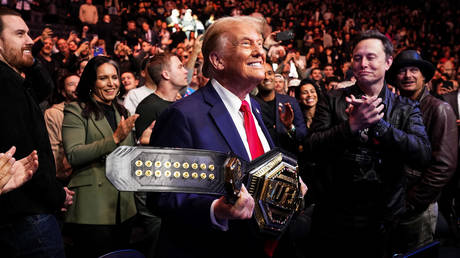EU Prohibits ‘Asset Swaps’ with Russia
EU residents and companies are banned from engaging in the frozen asset swaps that Russia has proposed. Read the full article at RT.com.

In March, Russia initiated an asset-swap scheme intended to help both Russian and foreign investors unlock funds that have been blocked due to Western sanctions related to the Ukraine crisis and Moscow’s countermeasures. This scheme allowed investors to exchange frozen Western securities held in EU depositories for Western funds that are immobilized in Russia, with a transaction limit of 100,000 rubles ($1,180).
This initiative originated from a decree by Russian President Vladimir Putin in November of the previous year, and subsequently, Russia’s Finance Ministry designated Investitsionnaya Palata, a broker not affected by Western sanctions, to manage the exchange process.
The transaction process would involve the National Settlement Depository (NSD) of the Moscow Stock Exchange (MOEX), which oversees securities transactions. However, the European Commission noted that due to the NSD's inclusion on the EU sanctions blacklist, EU residents cannot participate in these swaps.
“It would be prohibited for EU persons and entities to participate in an ‘asset swap’ scheme due to the involvement of the NSD. All funds and economic resources belonging to, owned, held or controlled by NSD must be frozen, and no funds or economic resources can be made available to it, whether directly or indirectly,” the regulator stated on its website Wednesday.
A representative from the Russian broker had previously indicated that the exchange mechanism would be structured to limit the NSD's involvement, with the depository barred from charging fees for settlements related to the swap deals. The NSD would primarily serve a technical function in the transactions, managing records.
In response to the EU regulators' comments, Gleb Boyko, a lawyer at the NSP law firm, told Forbes Russia that these statements could not be regarded as a normative legal act, implying that some investors might still consider participating in the swap deals. Artem Kasumyan, a lawyer at the Delcredere Bar Association, noted that while sanctions against the NSD exist, they are not absolute and EU investors might request permission for transactions from relevant authorities on a case-by-case basis.
According to Investitsionnaya Palata, the asset-swap transactions are scheduled for August 12, though the broker indicated that the deadline had been extended due to the high volume of requests from foreign participants.
Previously, the broker reported that Russian retail investors expressed interest in purchasing assets worth 35 billion rubles. Approximately 2,500 types of assets were proposed for exchange, predominantly shares and depositary receipts for shares of foreign companies such as Alphabet, Tesla, and Microsoft.
For more economy and finance updates, you can visit RT's business section.
Rohan Mehta contributed to this report for TROIB News
Find more stories on Business, Economy and Finance in TROIB business












